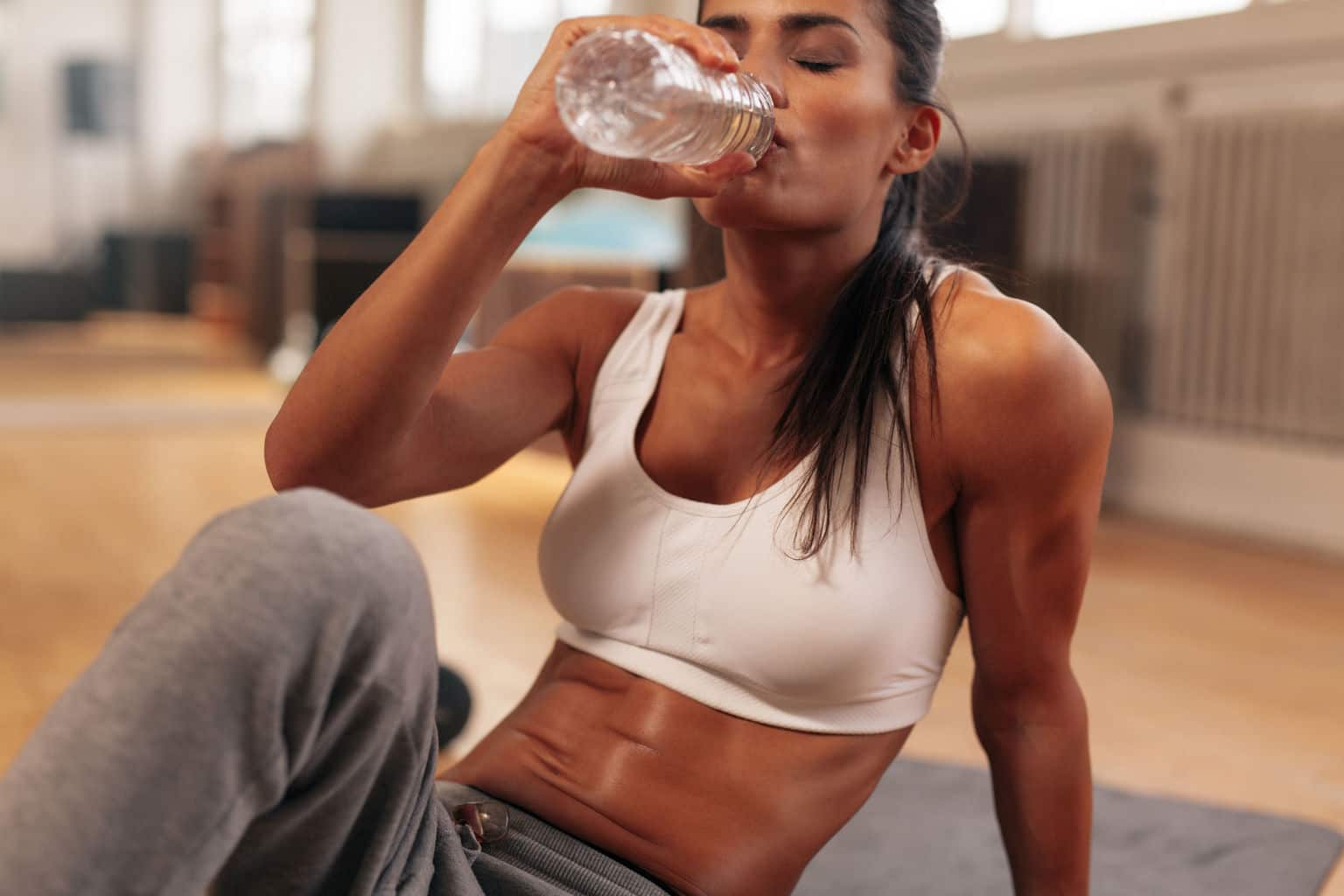
[cmamad id=”4354″ align=”center” tabid=”display-desktop” mobid=”display-desktop” stg=””]
Studying newborn male babies can reveal important problems that we all face as adults.
That’s because male babies are more sensitive to environmental toxins and insults.
So they show the results more quickly and easily.
But if something is showing up as a problem for babies, it’s also a problem for us adults.
It just may not be as obvious once they’re adults.
That’s what makes the study so important.
We’re able to look at the effects of even the smallest amounts of a compound.
Phthalates are a very common ingredient in most plastics.
As I’ve shown in a previous newsletter, even very tiny levels of phthalates show up in our urine as adults.
And it is there every day, all the time.
The phthalates are everywhere in our environment.
But they are worse for people drinking a lot of bottled water.
Drinking water from plastic bottle is hazardous.
So let’s look at this study showing phthalate exposure and how it affects sexual function.
Researchers recruited 371 women who gave birth to male babies.
Then they evaluated the phthalate exposure, and they found something very shocking.

They observed a striking increase in genital problems, including undescended testicles and hydrocele.
A hydrocele is an accumulation of fluid around the testicles and the scrotum.
It happens in babies and adults.
It can be fairly easily resolved, but it is a symptom of something wrong.
[cmamad id=”4355″ align=”center” tabid=”display-desktop” mobid=”display-desktop” stg=””]
Built up fluid and swelling is a sign of inflammation in the body.
It’s a sign that the body is fighting off something.
We observed a statistically significant 2.5 fold increased risk of having any anomaly and 3.0 fold increased risk of isolated hydrocele.
These are not problems that are necessarily terrible.
But they point to bigger problems that many of us adult males may be experiencing due to phthalate exposure.
All without our realizing what the problem is.

If you want to see all the things we’re exposed too, here is a partial list.
None of this belongs in the body.
- 5-OH-MEHP, 5OH-mono(2-ethylhexyl) phthalate;
- 5-oxo-MEHP, 5oxo-mono(2-ethylhexyl) phthalate;
- BPA, bisphenol A (2,2′-bis(4-hydroxyphenyl) propane);
- BBzP,butyl benzyl phthalate;
- cx-MiNP, 7carboxy-mono-methylheptyl phthalate;
- DEHP, di(2-ethylhexyl) phthalate;
- DEP, diethyl phthalate;
- DiBP, di-iso-butyl phthalate;
- DiNP, di-iso-nonyl phthalate;
- DnBP, di-n-butyl phthalate;
- MBzP, mono-benzyl phthalate;
- MEHP,mono(2-ethylhexyl) phthalate;
- MEP, mono-ethyl phthalate;
- MiBP, mono-iso-butyl phthalate;
- MnBP, mono-n-butyl phthalate;
- Phthalate, dialkyl or alkyl aryl ester of phthalic acid (1,2-benzenedicarboxylic acid);
Mono-ethyl phthalate (MEP) was the metabolite with the highest levels, with 150.8 μg/g creatinine. Personal care products like body lotions and fragrances showed associations and prepared foods too.
What should you do now?
Well, you could have phthalates testing done.
But you can start reducing your exposure right away.
You need to reduce your exposure to plastic in general.
The easiest place to start is with your food.
Never use a plastic container in the microwave.
Never store foods in the refrigerator in plastic, especially acidic foods.
Never use bottled water, always use filtered water.
If you’re going to take a bottle of water to the gym, get a good quality glass or stainless steel bottle and fill it up.
And for goodness sake, never refill plastic bottles and use them again and again.
You also want to stop using shampoos, body lotions, colognes and perfumes that have phthalates.
You should look at the ingredients for these other compounds as well.
Most body products are made with phthalates, and at least a handful of them of these other compounds
It can sometimes be very difficult to get information on what does and doesn’t contain these dangerous compounds.
So you should probably assume that they do.
I have never seen shampoos sold in a glass or ceramic container.
But I use a gentler vegetable derived soap instead, and I’m pretty sure it doesn’t have phthalates in it.
You should do the same.

http://www.sciencedirect.com/science/article/pii/S0013935116303322
Urinary levels of eight phthalate metabolites and bisphenol A in mother–child pairs from two Spanish locations
http://www.sciencedirect.com/science/article/pii/S1438463914000649

Leave a Reply